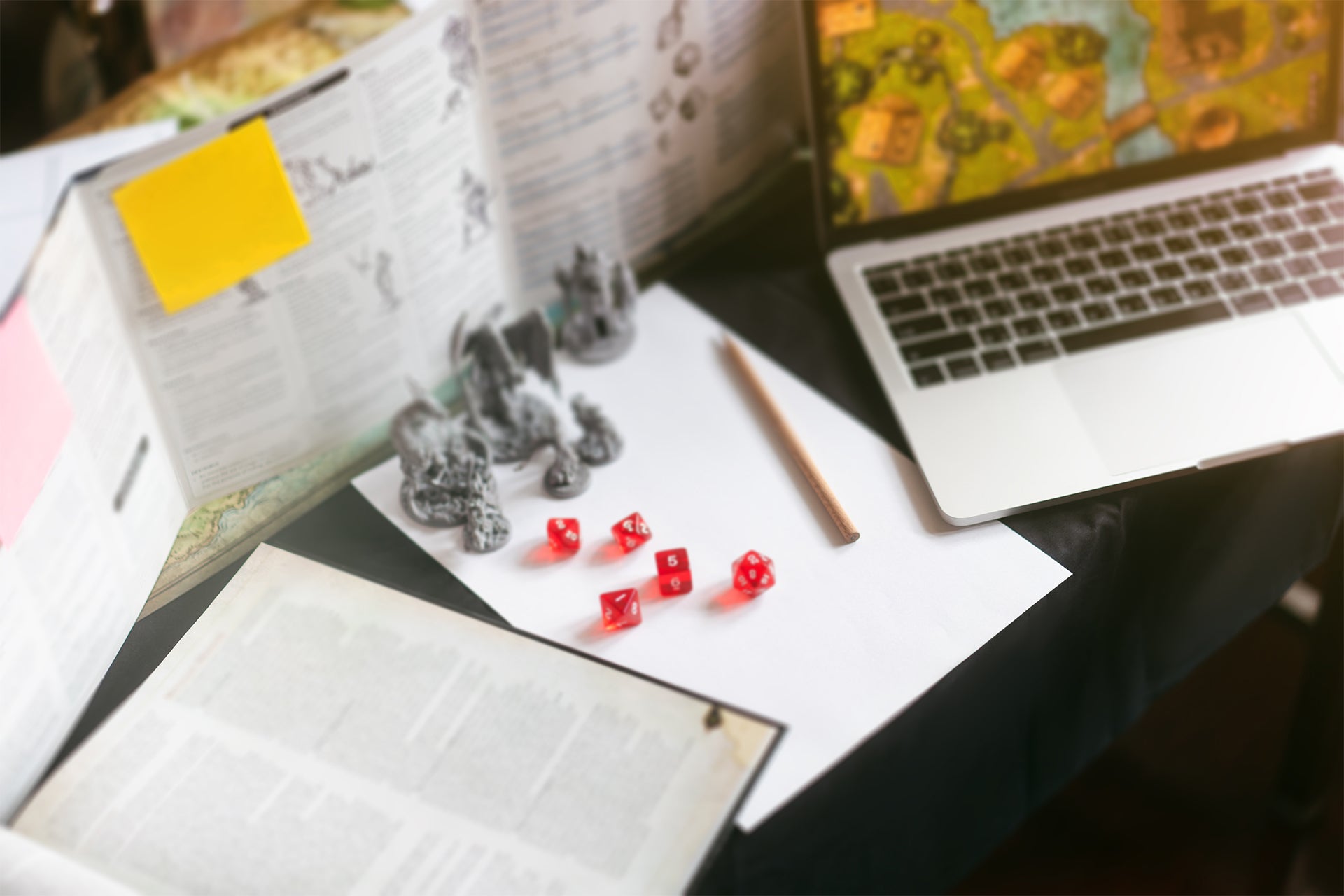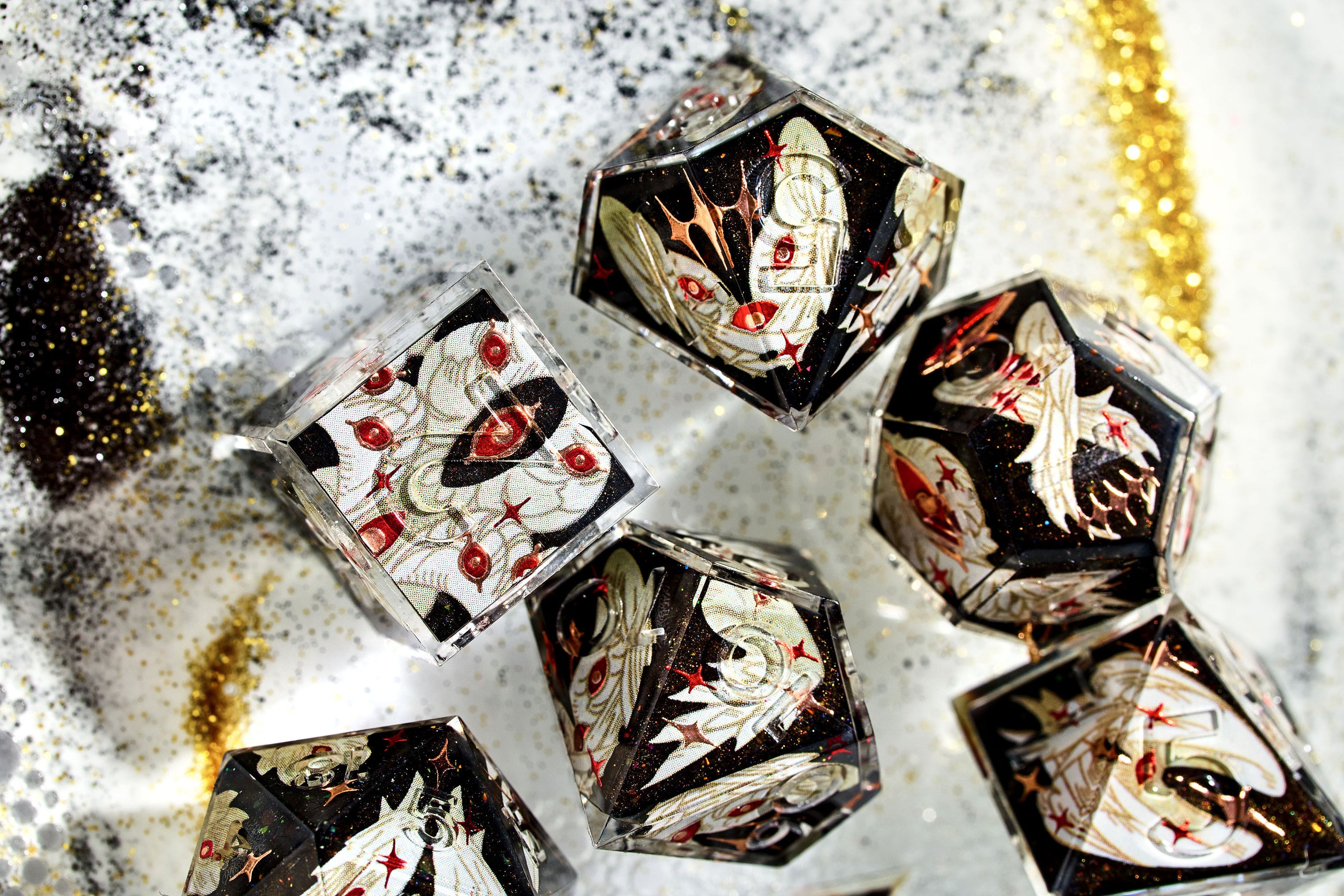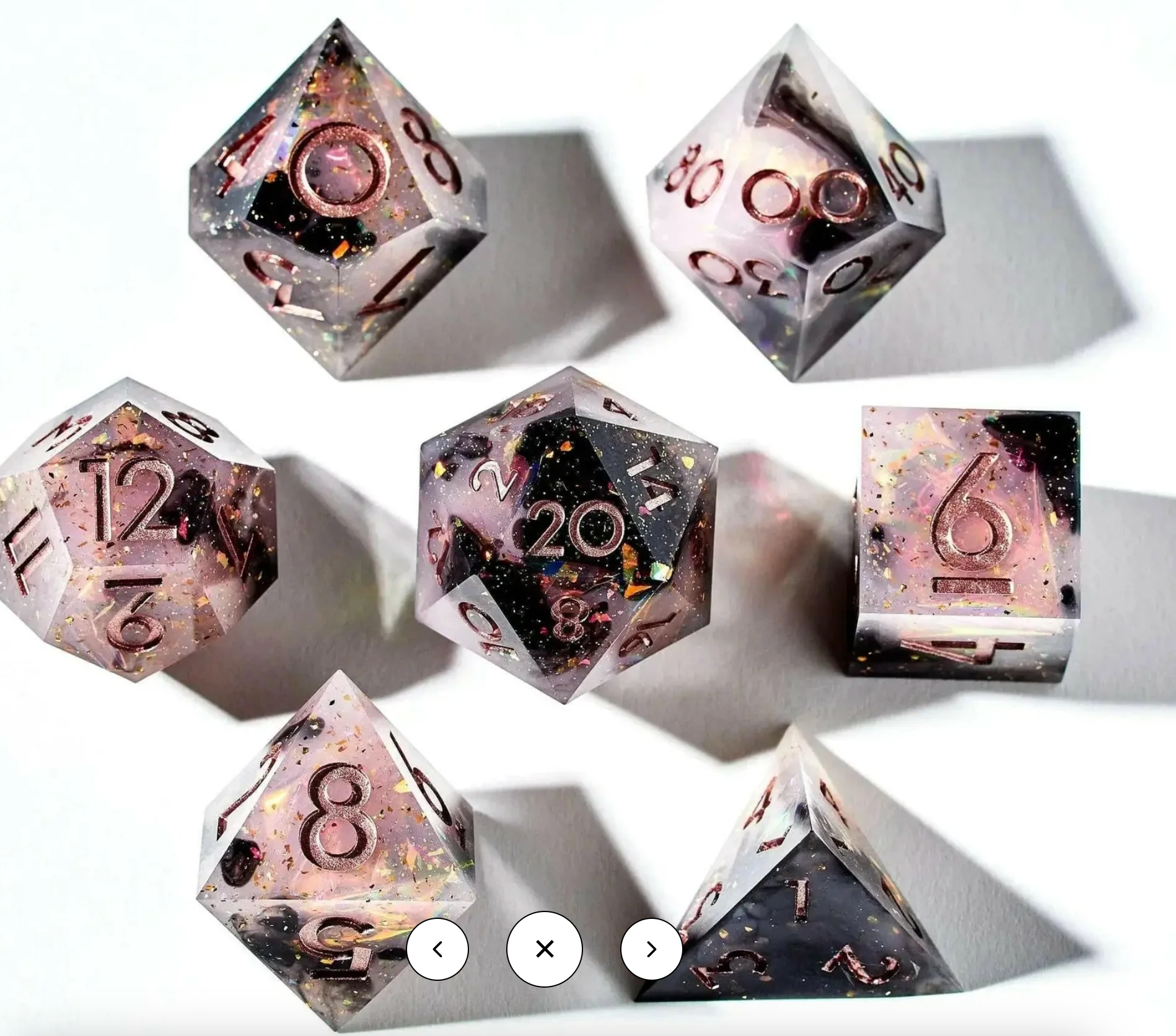
The benefits of RPG for team-building
The wider world is finally starting to wake up to roleplaying games and it’s pretty much about time too. RPGs have so much to offer people from all walks of life and your workplace is no different. If you’ve done it all and are struggling to find something that’s actually fun and engaging, simply playing a game as a team is the solution you’ve been searching for. I’ll show you why, and I’ll do it in terms your HR manager can understand as well. Here are 7 benefits of RPGs for team building at work.
The 7 Cs of team effectiveness
Traditionally, team-building is designed to build 7 specific skills that have been proven to drive success in teams of all sizes.
1. Capability
Work isn’t the only place people can’t possibly be expected to be good at everything. RPGs are the same. The real skill around capability is knowing what you can and can’t do. Roleplaying games are a great arena for people to test and become more familiar with their strengths and weaknesses. These could include leadership, organization, quick thinking, creative problem solving and even failing gracefully.
If someone on your team wants to try their hand as GM, but misses the mark, they know they need to work more on their leadership skills. If someone else fancies being a healer, but fumbles the job because they’re too busy concentrating on combat, they know that they are best suited for the kind of work where they can take direct action, as opposed to reactionary tasks, for example.
2. Cooperation
One of the biggest differences between most RPGs and your more traditional board games is that in a roleplaying game, players are working together, not competing against one another. Working together in a safe game environment can help your team get to know each other better, have more empathy, know who to delegate to and navigate high-pressure situations without falling apart.
The best part about RPGs is that they’re not one and done! Once you have your game, you can play it over and over. You will be amazed to see their cooperation evolve and develop with each new session in the game and at work, with more consistency in shorter time frames.
3. Coordination
They say ‘coordination’ because the alliteration with all the Cs is nice, but what they really mean here is organization. Can your team effectively make it through this side quest without losing focus completely on the bigger picture? Can they keep the game from dragging on for hours longer than necessary? Do they have a handle on all their resources or did they lose their waterskin?
You can see where I’m going with this. And why is it important to be organized and coordinated? It’s not because someone wants you to have a clean desk and only three tabs open at a time. It’s because they want to know that when things get challenging and deadlines are tight, you can navigate the chaos without being consumed by it or pushing it onto someone else.
4. Communication
Does everyone on your team know everything about each other’s jobs? Do they know who they can lean on, and for what? Do they always know where their teammates are in the process of getting something done? Do you?
In an RPG, the party all need to know who is playing which character, what their skills and weaknesses are, what they have in their inventories and how their health is looking. If they didn’t know these things, how would they be able to help each other, protect each other and ask for help?
5. Cognition
At its most basic definition, cognition is thinking, paying attention, learning, remembering and perceiving. Using these skills to play an RPG looks like thinking through all possible scenarios before making a decision; it’s paying attention to what’s important; it’s learning new skills; it’s remembering multiple pieces of information and quickly picking out what you need when you need it; it’s perceiving when something needs doing.
As humans, these are skills we have all developed to some extent or other. At work however, we need to use collective cognition. This is often made difficult by people being different ages, races and cultures, having had different upbringings, being introverted or extroverted… A game should be a fun and safe space for everyone to find some common ground on which to build new cognitive strategies they can use as a team.
6. Coaching
Everyone, and I mean everyone, should take on the role of GM at least once. Being a great game master isn’t only about being a leader in charge, it’s about good old leadership. You need to steer the team in the right direction, without taking away their freedom to innovate and make decisions. If you do that correctly, there are so many stupid decisions that won’t even cross their minds.
For anyone who may not know, it is possible for a GM to lose control of their party to the extent that they destroy the universe entirely (in-game, of course). This can be a big laugh in the moment, but at the end of the day, game time is over for everyone.
7. Conditions
This refers to the fact that teams perform better together if they are in a safe and clean workspace, have all the tools they need to do their jobs, training and upskilling, and a healthy work-life balance.
What does that have to do with roleplaying games? Maybe nothing. Maybe that they’re getting the chance to have fun together and learn something new, rather than going around in a circle to announce their spirit animal.
Conclusion
Are you convinced? Don’t forget to commemorate the experience with something to say thank you. So, if you’re also on the lookout for an on-theme corporate gift, check out our selection of dice, candles and accessories to get the team even more excited to play!



Leave a comment
This site is protected by hCaptcha and the hCaptcha Privacy Policy and Terms of Service apply.